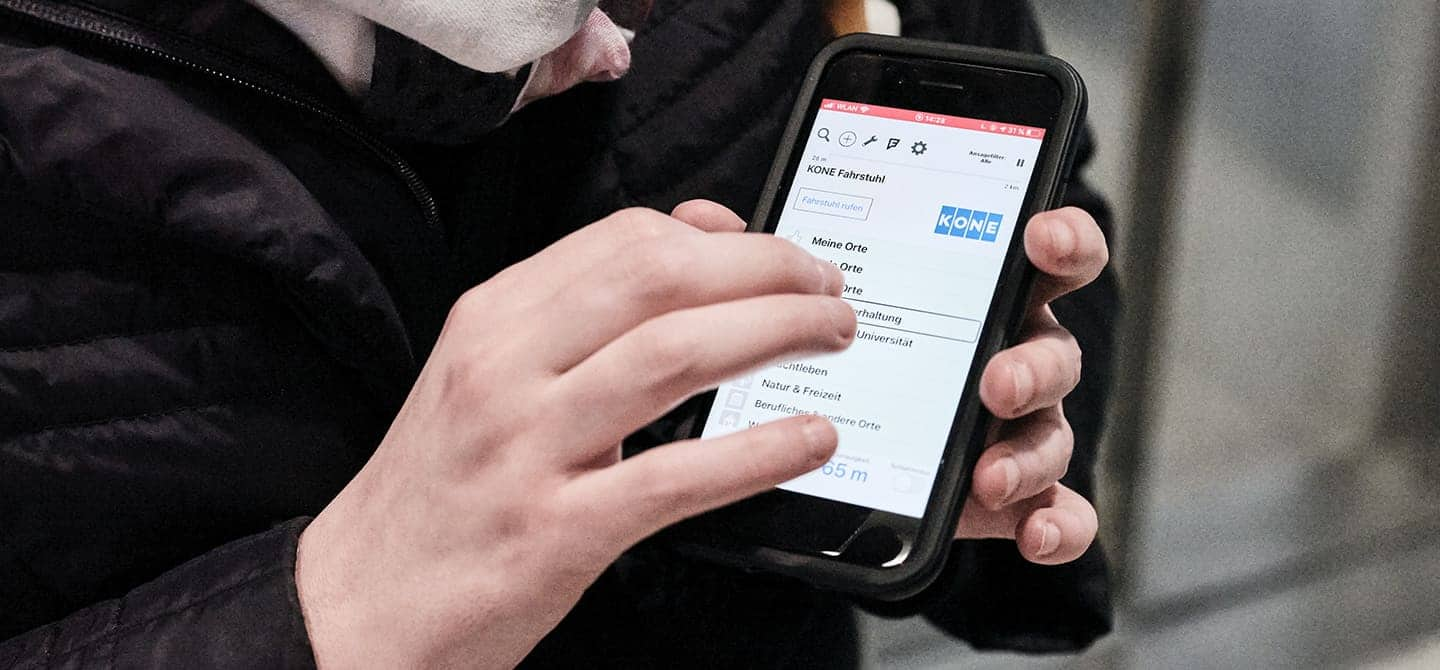You wouldn’t know it from the outside, but there’s something unique about Berufsförderungswerk Würzburg, or BFW Würzburg, as it’s also known. The low-lying buildings on the educational center’s campus look like any other in the area, a place best known for its pear-shaped bottles of wine and the vineyard-covered hills that produce it. Yet the training center for adults who are blind or partially sighted is one of the first in Germany to be fully accessible thanks to a partnership that integrates the BlindSquare smartphone wayfinding app with the KONE elevator.
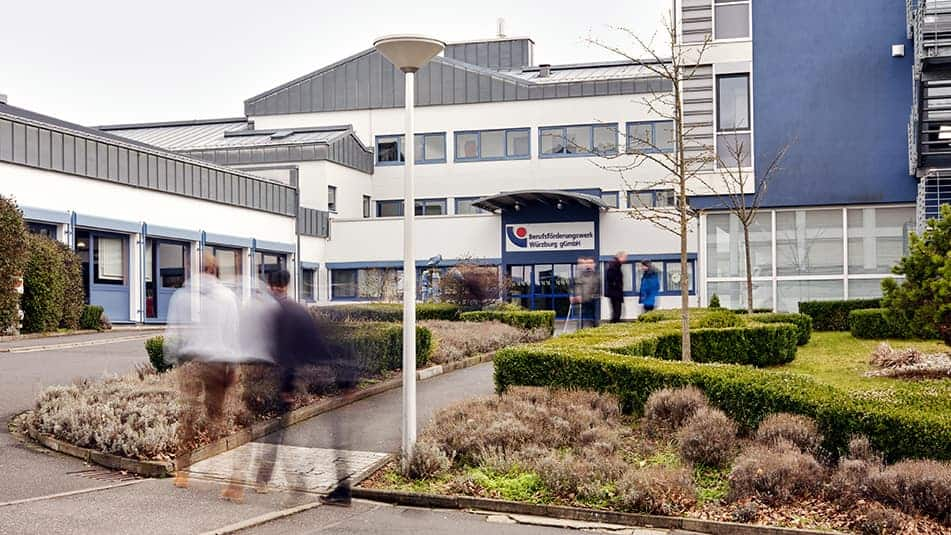
BlindSquare incorporates data drawn from Open Street Map and Foursquare to help people who are blind or partially sighted navigate their way through the world. The app, which uses Global Positioning System (GPS) technology and provides auditory cues to users, points out the path a person could take, and also describes the surroundings to help people get their bearings. This makes traveling into unfamiliar environments much easier for people who are blind or partially sighted.
But while BlindSquare has been able to map much of the outdoor world, building interiors are trickier. For many users of the app, the assistance BlindSquare provides ends at the reception area. Elevators in unfamiliar buildings pose their own specific challenges for people with visual impairments. Even finding them can be tricky, and unless the elevators talk, figuring out how they work, when to get off and where to go when you make it to your desired floor is tough.
Navigating indoors
“I’m always interested in technological solutions for independent travel,” says Hellmuth Platz, orientation and mobility specialist at BFW Würzburg. He has been using BlindSquare to teach students to navigate their way outdoors for nearly eight years.
He has also worked with BlindSquare to bring the app in house for the benefit of the institute’s 220 students, many of whom live on campus. Once the installation of Bluetooth location identifier beacons was completed, Platz says, “The next logical step for us was to integrate it with the elevator.”
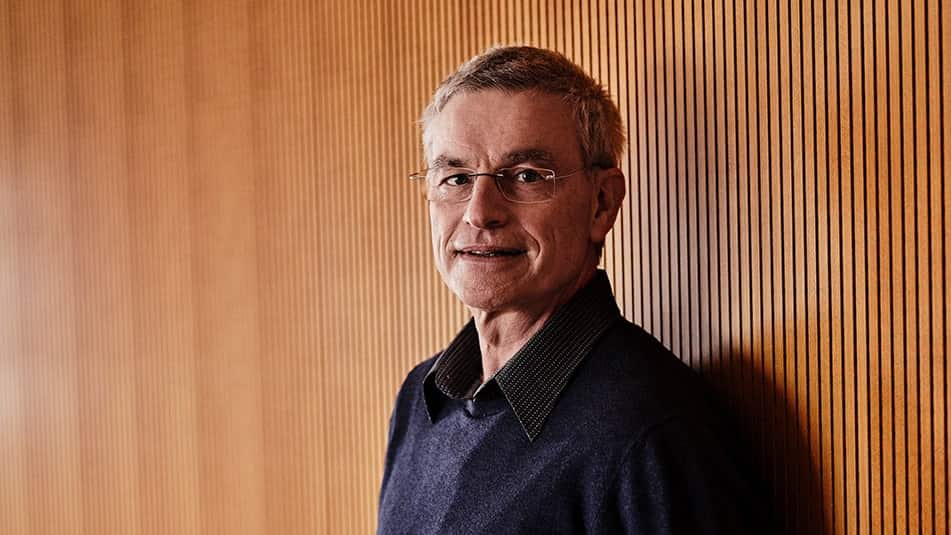
This was made possible by application programming interfaces (APIs) in the elevator that allow secure interactions between different digital applications – like the BlindSquare app and the elevator control system– so they can work together. Thanks to the integration, the BlindSquare app at BFW Würzburg is able to help people who are blind or partially sighted navigate independently and confidently between floors through smartphone voice prompts.
For the system to work flawlessly, a stable signal was needed throughout the building. Platz also spent a lot of time thinking about what kind of information people who are blind or partially sighted would expect to receive when exiting the elevator at each floor. “For example, that the administration is to the left and the receptionist to the right.”
Plug and play
Accessibility is a cornerstone of KONE’s business, and new technology offers new opportunities on this front.
“The integration is actually a fairly simple process that’s available on new KONE elevators and can be added to many older models,” says Matthias Meiner, product manager for modernization at KONE Germany.
“It’s easy to integrate BlindSquare with an existing KONE API, allowing the app to call the elevator for its user and tell them where to go. Once integrated, KONE takes care of everything, including the secure connection to the cloud.”
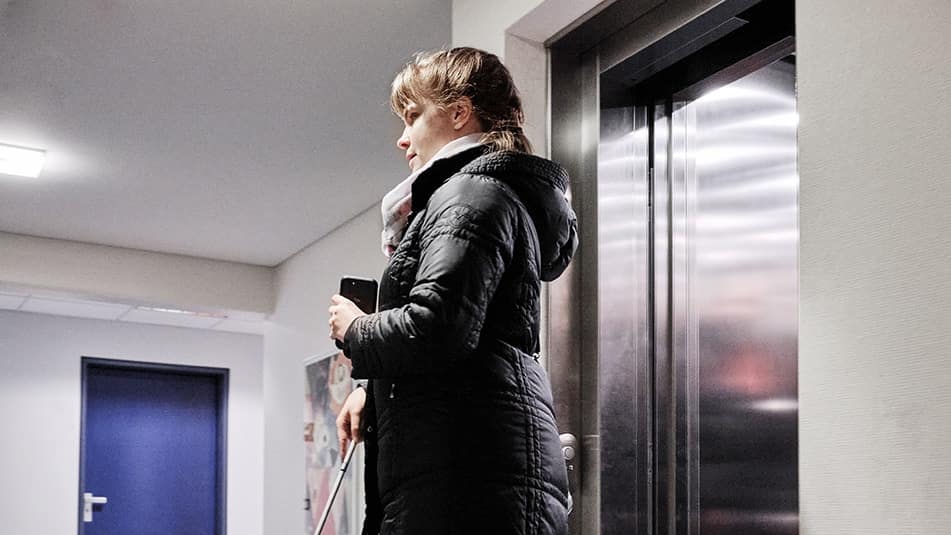
From Platz’s perspective, the value of the integration is the accessible environment it creates, enabling people who are blind or partially sighted to travel from point A to point B without the need of a companion.
“A person who is blind once told me that the invention of the smartphone is as important as Braille was,” says Platz, who is a big advocate of embracing technology to boost independence and social inclusion. He hopes KONE will further develop and improve the integrated technology together with BlindSquare and with those who use the system.
Meiner, for his side, hopes more building owners will think about this aspect of accessibility: “It’s really up to building owners who have the vision of helping to make the lives easier of people who are blind.”
About BlindSquare
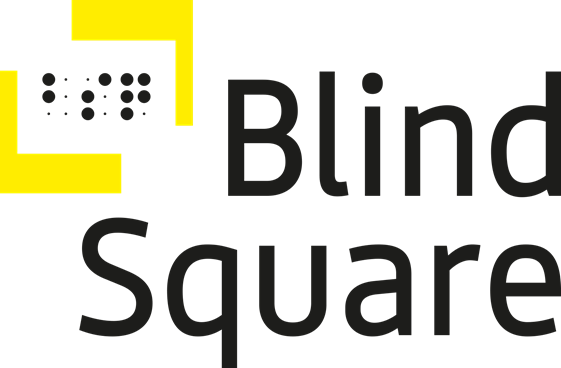
Since 2012 BlindSquare has provided leadership and innovation with award-winning waypoint navigation information to persons who are Blind, DeafBlind or Partially-sighted. BlindSquare has over 60,000 users, spanning 2300+ cities within 180+ countries. BlindSquare is known for its integrations, providing ever-expanding access to information and journey-aids, replacing darkness with information.
READ MORE
Quick facts: BFW Würzburg, Germany
An ecosystem of opportunities
Connecting more than floors to tickle your senses
KONE DX Class elevators: Connecting more than floors
KONE as a partner for smart buildings
KONE 24/7 Connected Services – Intelligent services for elevators and escalators are here
